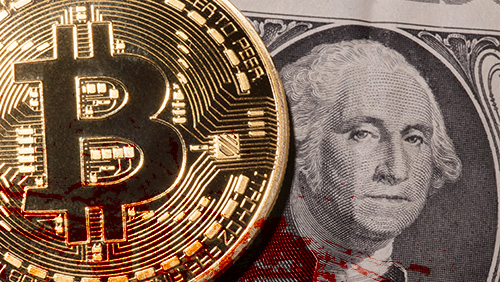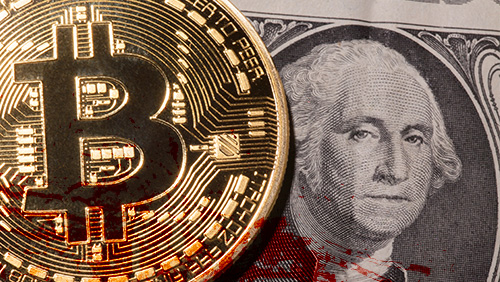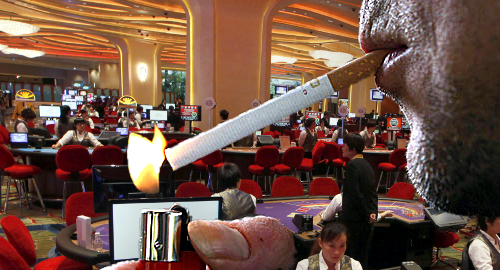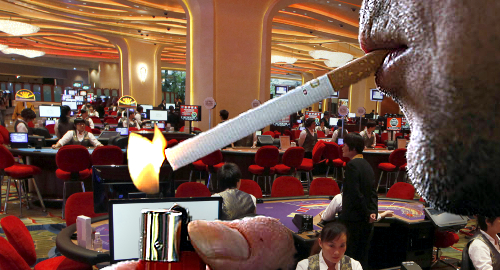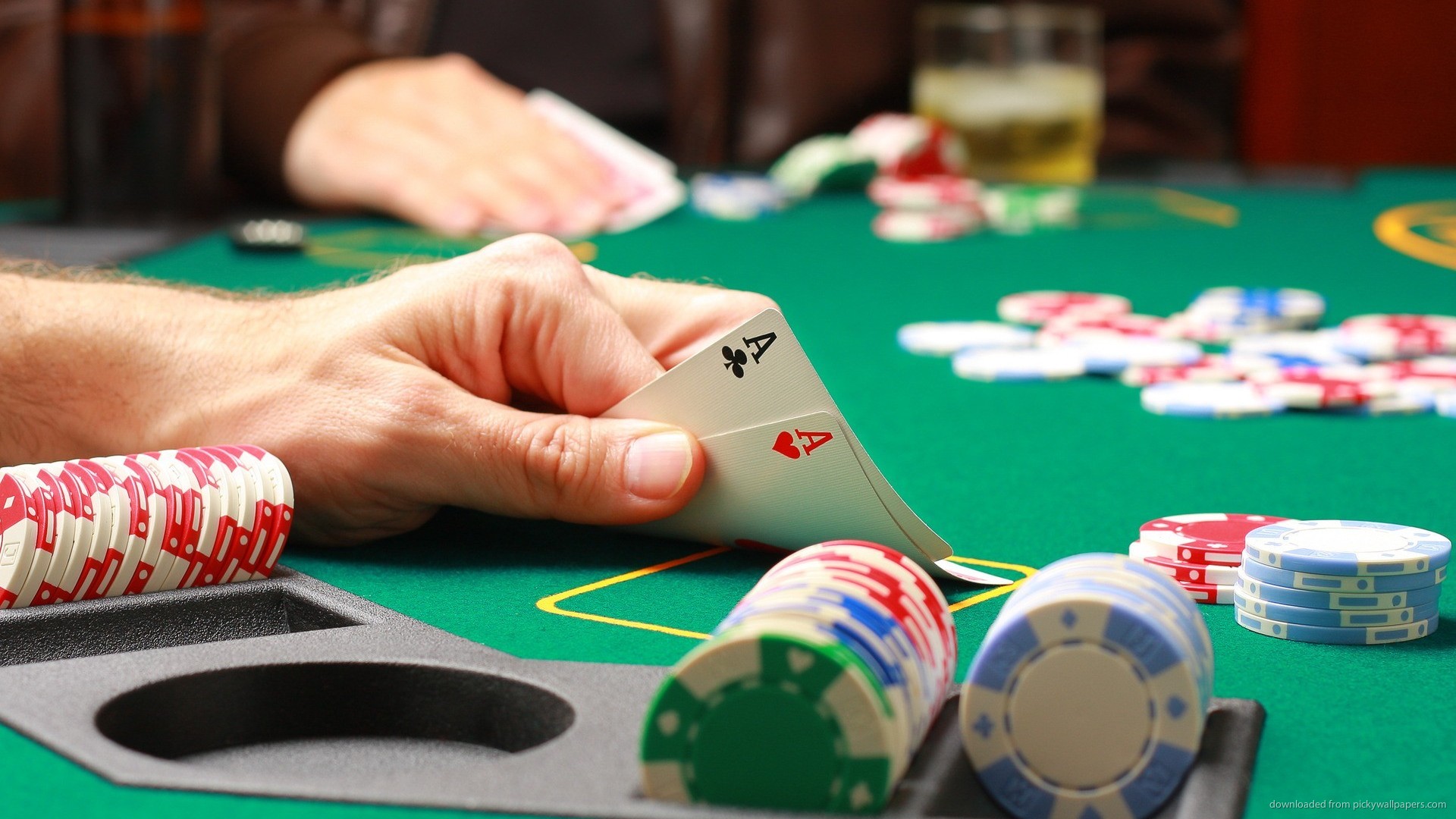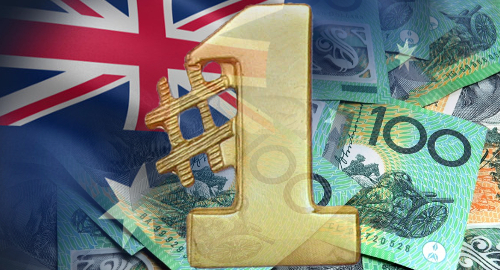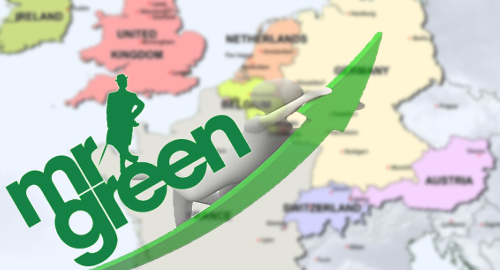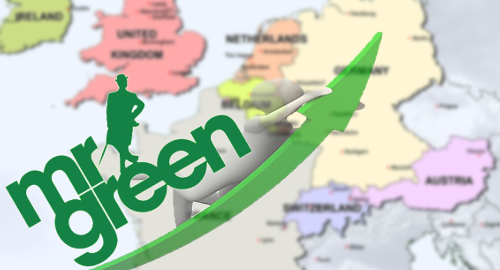With Bitcoin looking more and more stable around $1,000 a coin, we may be getting closer to a tipping point where cryptocurrency becomes a legitimate challenge to the monopoly governments now enjoy over the money supply. A closer look at the reason for bitcoin’s value reveals that it is replete with positive feedback loops. These positive feedback loops are the trademarks of tipping points.
Let’s start with a simple Economics 101 way to look at the price of bitcoin, and that is to see privacy as a scarce commodity with its own supply and demand. By privacy I do not mean privacy from other people, who are not able to see your credit card statements anyway. I mean privacy from governments who can see everything electronically that you do. Bitcoin provides a certain level of privacy from governments, and while not perfect, it is still much better than electronic payments of government fiat currency. If the supply of privacy goes down or the demand for privacy goes up, all other things being equal the price of bitcoin will tend to rise.
What is bitcoin’s competition in supplying privacy? Physical cash. The biggest supply of privacy comes from physical cash payments, not bitcoin. But physical cash is quickly being phased out by governments. We’re seeing it in India where rupee restrictions have wreaked havoc on people’s lives, especially farmers without bank accounts, disrupting the food supply and causing serious hardship in poorer areas. Shows how much government supposedly cares for the poor. Take out one drug dealer by fighting cash, and take out 10,000 poor people along with him. Collateral damage. It’s all for the greater good. We’re seeing it in Europe where cash payments in France for example have been limited to €1,000. Rumor has it that next it’s all about the Benjamins with the $100 bill on the chopping block.
The war on cash is a war not on crime but on tax evasion, in other words privacy from government. As physical cash becomes more scarce, the privacy that bitcoin can provide becomes more scarce and therefore more valuable. And herein lay the first of several positive feedback loops inherent in the price of bitcoin. Governments restrict cash in order to restrict privacy and collect more taxes from their subjects. This in itself creates a higher demand for privacy because the restriction of cash means more taxes are collected. In this way, the war on cash both restricts the privacy supply and increases the demand for that privacy, squeezing the bitcoin price higher from both directions in a loop that feeds on itself.


